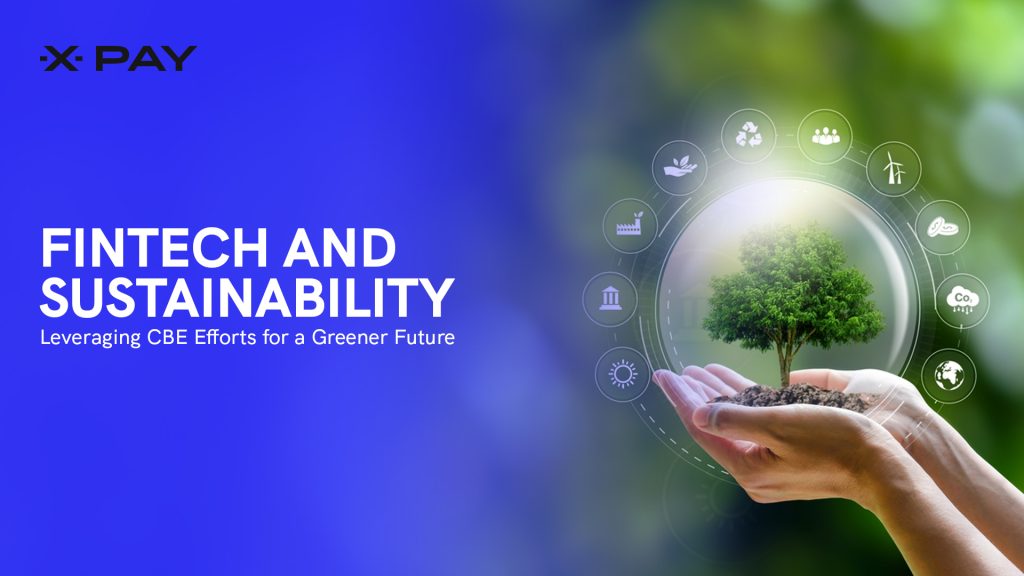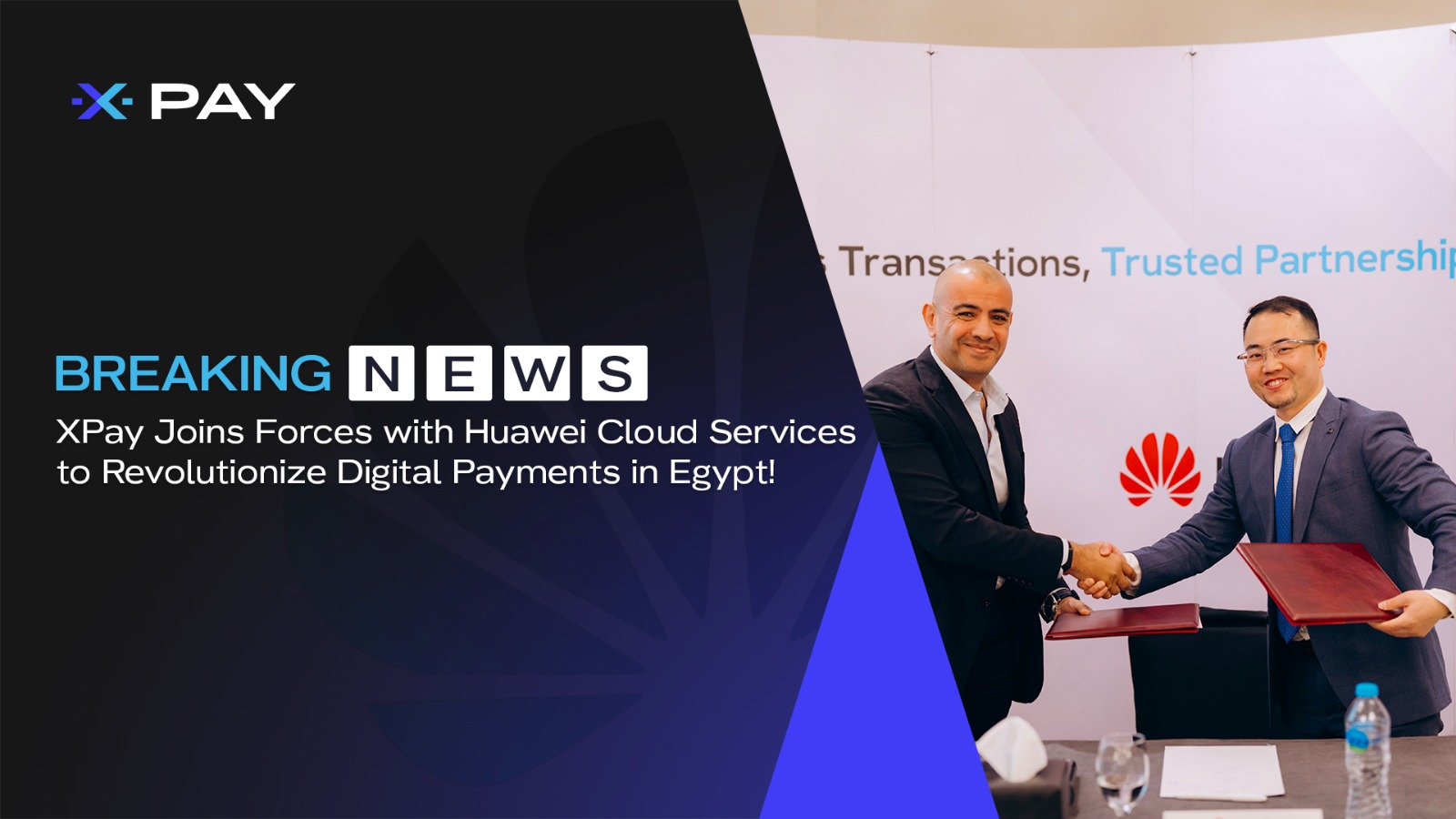To secure a sustainable future for our planet, it’s essential that we prioritize environmental friendliness across every sector. Sustainable finance is key to achieving the Sustainable Development Goals (SDGs) through introducing new banking products and services and enhancing banking operations in a manner that integrates Environment, Society and Governance elements (ESG) within banks financing, lending and investment activities. It seeks to create sustainable benefits for all stakeholders including, clients, investors, employees and society as a whole.
Sustainable finance is a powerful tool that can be used to create balanced economic growth through transforming current threats into opportunities. It is a comprehensive concept that involves considering environmental and social risks within banks lending and investment decisions. In addition, it involves financing projects that create environmental value such as renewable energy and energy efficiency and projects with positive social impact including health, education, small, medium and micro projects and labor-intensive projects that create job opportunities.
Egypt’s Environmental Challenges and Opportunities
Egypt faces environmental challenges, from resource scarcity to climate change. While Egypt contributes just 0.6% of global harmful gas emissions, it faces significant vulnerability to the impacts of climate change, which will likely precipitate various social and economic challenges, however, these challenges present opportunities for sustainable finance to drive economic growth. Climate risk management and investment in renewable energy projects are key strategies to mitigate risks and promote sustainable development.
The Central Bank of Egypt’s Efforts
The Central Bank of Egypt Guiding Principles on Sustainable Finance set the framework for integrating ESG elements into banking activities. These principles align with national and global commitments, including Egypt Vision 2030 and the Sustainable Development Goals (SDGs). By creating an enabling environment for sustainable finance, the CBE aims to benefit all stakeholders while managing risks effectively.
The CBE issued the Guiding Principles on Sustainable Finance to set the general framework for sustainable finance across Egyptian banks to incorporate the Environmental, Social, and Governance elements (ESG) into the processes and decisions related to credit advancement. It is worth mentioning that these Principles enhance and complement other Central Bank of Egypt’s development initiatives and align with and support national and global commitments including Egypt Vision 2030 and the Sustainable Development Goals (SDGs).
Having the Principles issued, the Central Bank of Egypt is creating an enabling environment for Egyptian banks to benefit from the opportunities offered by sustainable finance in a manner that manages risks and benefits the interests of all stakeholder groups. We are now witnessing the implementation of the first step of the Sustainable Finance Roadmap which evolves around building the capacity of the Egyptian financial sector in sustainable finance through training programs and introducing education papers for banks to contribute to their knowledge in this field. CBE contributes to achieve the goals of sustainable development through:
- The issuance of Consumer Protection Regulations.
- All efforts made to attain financial inclusion.
- The issuance of rules and regulations for digital services, such as the usage of mobile phones and e-payment tools.
From a social perspective, financial inclusion and financing micro, small and medium-sized projects that reduce poverty, unemployment and inequality contribute to increasing the ability of banks to attract savings, provide financial services to various groups of the society and diversify their credit portfolios, thus enhancing economic and social development as well as financial stability.
- Sustainable Finance leads to upholding the financial and banking stability, as studies proved that incorporating the environmental and social factors as well as governance rules positively impacts companies performance and reduces risk. Consequently, financing sustainable companies is considered a low-risk procedure which positively reflects on the stability of the financial sector.
- Enhancing investment opportunities by attracting a new category of investors that target sustainable projects, in addition to attracting foreign direct investments, and therefore availing foreign currency, which is beneficial for the economy.
- Promote the issuance of green bonds amidst increased interest in environmental and social investment, noting that the green bonds market grew by more than 500 billion dollars in less than ten years.
- The possibility of establishing green banks in accordance with the provisions of the new Central Bank and Banking Sector Law, where a new type of banks, namely specialized banks, will be licensed, as green banks help in securing a low-cost capital for the clean and renewable energy projects and the projects that generally target improving the environmental quality under favorable prices and terms.
- Support Egypt’s Vision 2030 for Sustainable Development by the CBE where Sustainable Finance directly contributes to realizing such a vision.
Within the framework of strengthening the role of banks in facing climate change, the CBE directed all Egyptian banks to measure their carbon footprints for their headquarters. This is in line with the banking sector’s role in driving sustainable development and in studying the available solutions to reduce the negative impacts of climate change. This step also supports the development of sustainability-related disclosure in banks.
Fintech: Enabling Sustainable Finance
Fintech plays a pivotal role in advancing sustainable finance, making green investments more accessible and efficient. Through digital channels, individuals and businesses can access sustainable financial products and services, contributing to environmental and social progress. Moreover, Fintech innovations streamline processes, enhancing the effectiveness of sustainable finance initiatives.
To assist businesses in implementing sustainable practices, there are actionable plan templates that outline steps and strategies for achieving sustainability goals. Download this template now to start your journey towards a more environmentally friendly and socially responsible business model.
Conclusion
In conclusion, sustainable finance, bolstered by Fintech innovations, holds the key to Egypt’s sustainable development. By embracing environmental consciousness and integrating ESG principles into banking operations, Egypt can navigate environmental challenges and seize opportunities for economic growth. The Central Bank of Egypt’s initiatives underscore its commitment to fostering a more sustainable and inclusive financial ecosystem, aligning with Egypt’s vision for a greener future. Together, we can harness the power of sustainable finance to build a better tomorrow for generations to come.
Learn more about XPay here.






